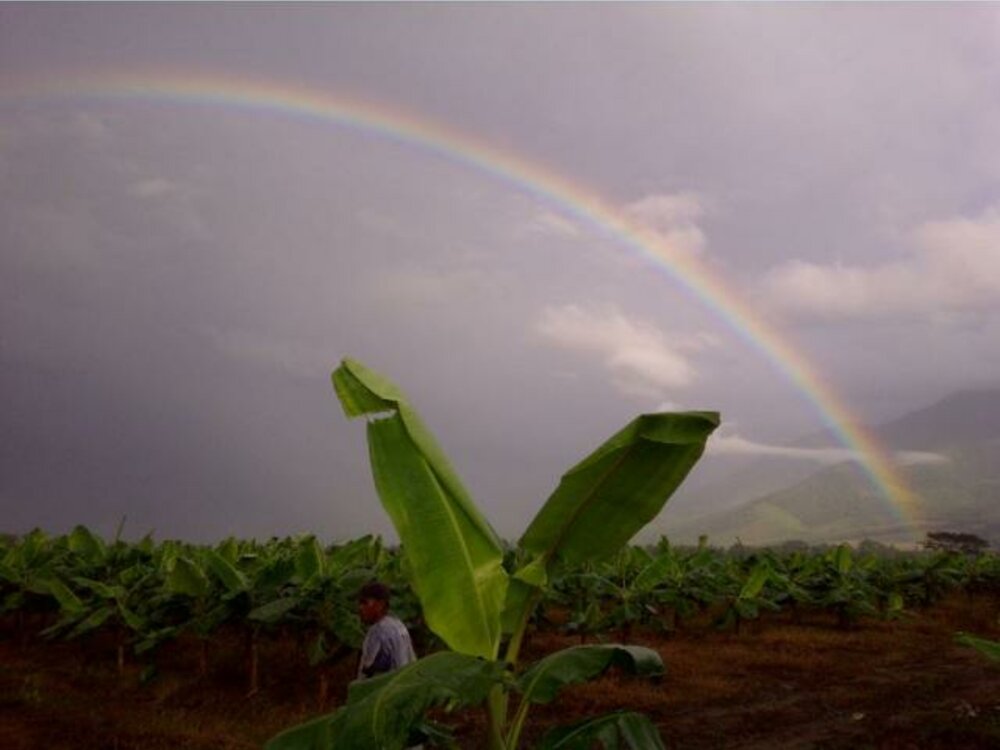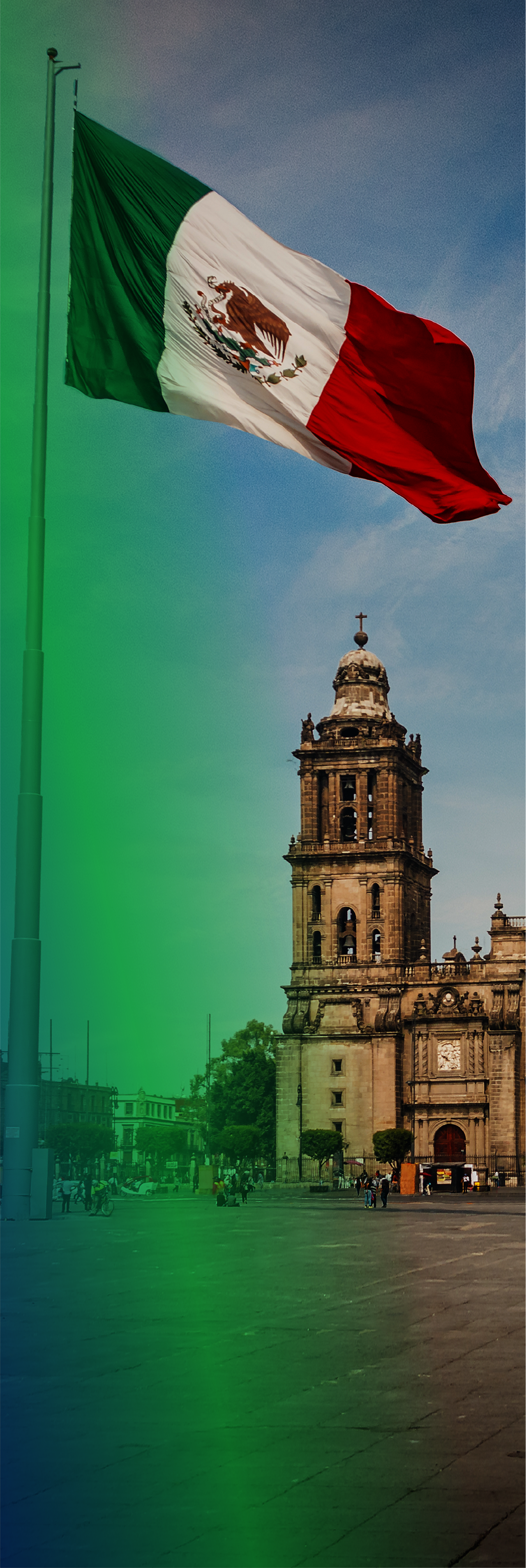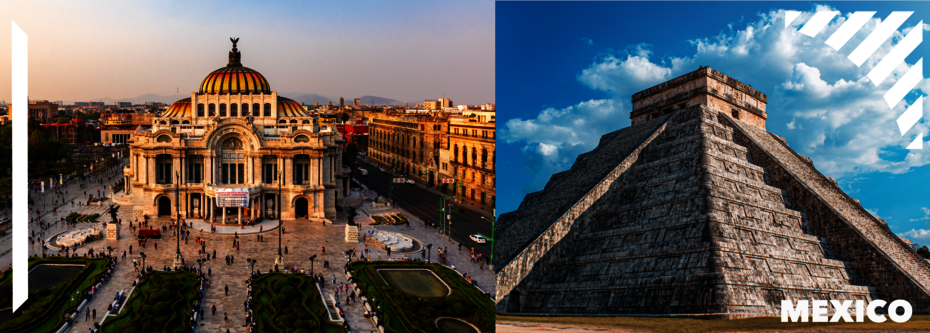Mexico has been a non-regional CABEI member since 1992 with an authorized stake of USD306.25 million in the Bank's share capital and capital contributions of USD76.56 million, ranking as the third largest shareholder within the group of non-regional members with 5.03%.
The contribution that Mexico channels to the Central American region through CABEI is based on various financial cooperation instruments with Banco Nacional de Comercio Exterior S.N.C. (Bancomext) for a total amount of USD520.8 million. The relationship between the Bank and this country was solidified in 2008 with the launching of the Central American Social Housing Development Program. It falls under the framework of the Mesoamerican Integration and Development Project (formerly Plan Puebla Panamá). Since that date, the Mexican government has made resources available to develop a sustainable market for long-term housing finance in the Central American region that addresses the housing deficit and future needs in this area. Throughout the Program's existence, 59 disbursements have been made through 14 intermediary institutions. In total, 192.7% of the initial financing available has been channeled, benefiting a total of 8,032 low- income households, which can now enjoy a more dignified home.
CABEI finances renewable energy generation to improve energy efficiency

Over the last 10 years, CABEI has approved US5.17 billion for approximately 210 projects in the energy sector
As the region’s strategic ally, the Central American Bank for Economic Integration (CABEI) supports its member countries in the development and execution of high impact projects. Currently, the issues of environmental sustainability, mitigation of climate change effects and energy efficiency are major priorities for the multilateral Institution.
In 2009, CABEI approved its Energy Efficiency Program, which is part of the Bank’s Support Strategy for the Central American Energy Sector; this seeks to provide financial solutions to foster energy efficiency, boost the development of renewable energy sources and reduce Central America’s dependence on non-renewable energy sources.
In addition, the Strategy’s specific objectives are to promote energy efficiency for all energy sources; the development of renewable energy sources; and the establishment of the necessary infrastructure for energy conversion, transportation and storage.
With respect to energy efficiency, CABEI has established the Green Micro, Small and Medium Enterprise (MSME) Initiative, whose objective is to contribute to the protection of the climate and the environment by promoting environmentally-friendly investment, especially involving energy efficiency and renewable energy. It is a tripartite initiative involving the European Union, the German KfW Development Bank and CABEI as executing unit; it provides reimbursable funds for loans and non-reimbursable technical assistance. The Initiative’s non-reimbursable resources support to execution of energy audits for projects with a potential for achieving savings in energy consumption, thereby contributing to more efficient energy use.
On a regional level, the Green MSME Initiative has helped MSMEs to save more than 215,392 kWh monthly, which amounts to an estimated US$32,000 per month. This is equivalent to the monthly energy consumption of 2,000 households and will reduce CO2 emissions into the atmosphere by 130 tons per month. Over five (5) years, the Initiative has supported a total of forty-two (42) projects with US$20.4 million.
In the framework of its 2015-2019 Institutional Strategy, “Integrating Sustainable Development and Competitiveness,” which includes a cross-cutting axis of Environmental Sustainability, and the Bank’s Institutional Responsibility Plan to support energy efficiency in the region, CABEI has implemented measures at its installations to improve energy efficiency and effectiveness with regard to electricity use in order to transform CABEI into a green bank.







